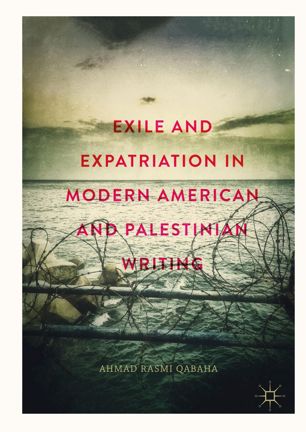

Most ebook files are in PDF format, so you can easily read them using various software such as Foxit Reader or directly on the Google Chrome browser.
Some ebook files are released by publishers in other formats such as .awz, .mobi, .epub, .fb2, etc. You may need to install specific software to read these formats on mobile/PC, such as Calibre.
Please read the tutorial at this link: https://ebookbell.com/faq
We offer FREE conversion to the popular formats you request; however, this may take some time. Therefore, right after payment, please email us, and we will try to provide the service as quickly as possible.
For some exceptional file formats or broken links (if any), please refrain from opening any disputes. Instead, email us first, and we will try to assist within a maximum of 6 hours.
EbookBell Team

4.3
48 reviewsThis book examines the distinction between literary expatriation and exile through a 'contrapuntal reading' of modern Palestinian and American writing. It argues that exile, in the Palestinian case especially, is a political catastrophe; it is banishment by a colonial power. It suggests that, unlike expatriation (a choice of a foreign land over one’s own), exile is a political rather than an artistic concept and is forced rather than voluntary — while exile can be emancipatory, it is always an unwelcome loss. In addition to its historical dimension, exile also entails a different perception of return to expatriation. This book frames expatriates as quintessentially American, particularly intellectuals and artists seeking a space of creativity and social dissidence in the experience of living away from home. At the heart of both literary discourses, however, is a preoccupation with home, belonging, identity, language, mobility and homecoming.